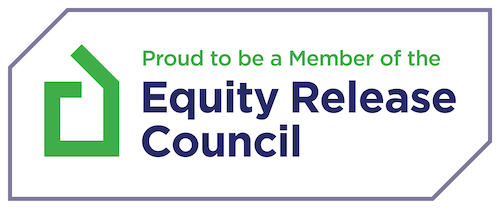What if I can’t repay my Interest Only Mortgage?
You’ve reached the end of your interest-only mortgage. What happens next? If you don’t have enough money set aside to cover the loan, that might be a hard question to answer.
First of all, it’s hopefully reassuring to know that many people are asking the same thing. By 2027, about 187,000 of them will need to be repaid in full.
So, many people’s mortgage repayment plans have not worked out as expected or hoped for.
What happens at the end of an interest-only mortgage term?
When your interest-only mortgage ends, your lender will expect you to pay off the loan in full with a single lump sum. Hopefully, this won’t be a surprise. Your lender should have been in touch with you a year before, six months before, and finally just before the end of your mortgage.
If you’re a younger borrower, you can usually:
As you get older, that can get harder. But on the plus side, once you’re 55 or older, other possibilities open up. You might be able to pay off your loan by:
And whatever age you are, if you’re ready to move you might be able to pay off your loan by:
We have and continue to support clients with advice around all of the above options
Can I extend my interest-only mortgage?
It’s possible to extend an interest-only mortgage, but it’s never guaranteed. Whether or not you can extend yours will depend on your lender.
The Financial Conduct Authority recommends getting in touch with them as soon as possible. As a rule, the earlier you ask “Can I extend my interest-only mortgage term”, the more they’ll be able to do for you.
There are several different ways they could extend your mortgage, including:
They’ll let you know what’s possible when you talk with them.
Will equity release help you pay off an interest-only mortgage?
If you’re over 55, you might be able to take out equity release or lifetime mortgage to pay off your interest-only mortgage. It’s a loan secured against your home that lets you access the money tied up in it, without having to move out.
If you do take one out, you have to start by paying off your current mortgage. You can’t have a standard mortgage and a lifetime mortgage at the same time. You don’t have to release your equity all at once – you can leave some untouched, ready for any future expenses.
From a budgeting point of view, lifetime mortgages can be very flexible. The loan itself will be repaid when the last borrower dies or moves into long-term care. Before then, your lender will charge interest on your loan. You can either pay it directly or have it added to your loan.
Traditionally customers used to roll the interest up on an equity release mortgage but many clients will consider paying the interest in full or at least in part each month meaning the debt doesn’t increase or the debt rolling up reduces by make a part payment.
At Later Life Financial Advice, we will consider all of the mortgage options available to you from a traditional mortgage, retirement mortgage through to a variety of lifetime mortgage options.
We will make sure you:
A lifetime mortgage may affect any means-tested benefits you receive, as well as your tax position and any future inheritance. Your adviser will go through all this with you as well.
How much could you release?
If equity release sounds like it might be right for you, use our equity release calculator to see how much money could be tied up in your home.
What should I do next?
How can we help you?
If you’re thinking about equity release, here’s some more information from our website that will tell you more about it and help you see if it could work for you:
Contact us for an initial consultation to discuss the options available to you.
Phone : 01304 799818
Email : info@LLFA.co.uk





